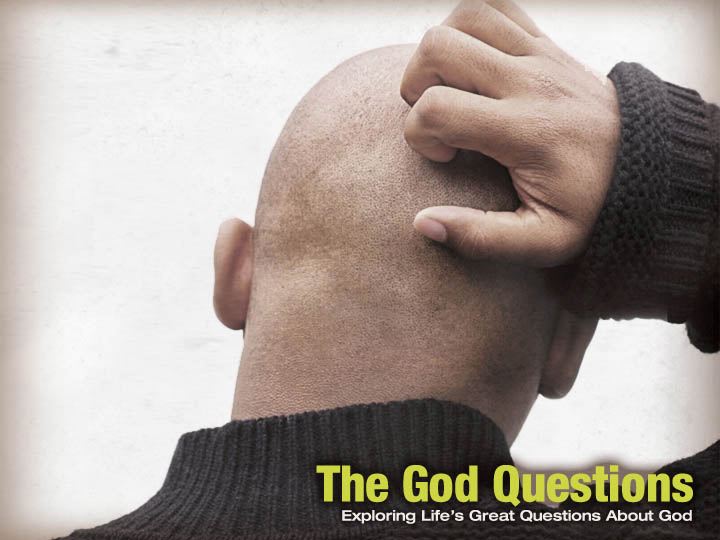 I've always marveled at the way Jesus answers questions posed to him. Today's "Good Samaritan" reading from Luke is a good example. (The striking contrast of the words "good" and "Samaritan" is pretty much lost on modern people who don't think of Samaritans as a despised, inferior, ethnic group.) The parable is well know, though I suspect people often forget the context. A lawyer -- that is, an authority in religious law -- asks Jesus about what one must do to inherit eternal life. Jesus simply asks this lawyer what the Law says, and quite naturally he is able to quote a good synopsis of the Law. "You shall love the Lord your God with all your heart, and with all your soul, and with all your strength, and with all your mind; and your neighbor as yourself."
I've always marveled at the way Jesus answers questions posed to him. Today's "Good Samaritan" reading from Luke is a good example. (The striking contrast of the words "good" and "Samaritan" is pretty much lost on modern people who don't think of Samaritans as a despised, inferior, ethnic group.) The parable is well know, though I suspect people often forget the context. A lawyer -- that is, an authority in religious law -- asks Jesus about what one must do to inherit eternal life. Jesus simply asks this lawyer what the Law says, and quite naturally he is able to quote a good synopsis of the Law. "You shall love the Lord your God with all your heart, and with all your soul, and with all your strength, and with all your mind; and your neighbor as yourself."Jesus concurs and suggest the lawyer do so. But the lawyer presses the issue asking, "And who is my neighbor?" This is the question that provokes Jesus to tell the parable of the "Good Samaritan," the tale of a surprising hero who tends to the needs of a beaten and battered man who has been ignored by a priest and a Levite. And at the end of the parable Jesus asks the lawyer, "Which of these three, do you think, was a neighbor to the man who fell into the hands of the robbers?" The answer is obvious, but, of course, this does not actually answer the lawyer's original question.
The lawyer knows he is to love, to do good, to his neighbor. But he is looking for limits, for who falls outside some boundary. In essence, the lawyer's questions is, "Who do I not have to love?" But Jesus turns the question on its head. To a question about who is outside the boundary, Jesus tells as story about an outsider who acts like a neighbor. To the question, "Who is my neighbor?" Jesus answers, "Be a neighbor."
We Christians engage in seemingly endless fights over what the Bible tells us to do or not do. And we have justified a fair amount of evil and hate from our readings of the Bible. Now clearly I would not be a Presbyterian pastor if I did not think the Bible had answers. But what if, like that lawyer, we're asking the wrong questions?
Click here to learn more about the Daily Lectionary.








